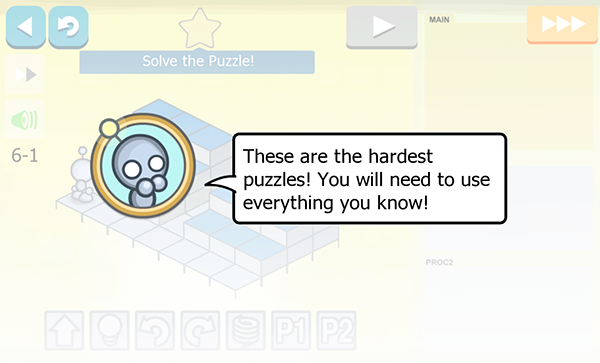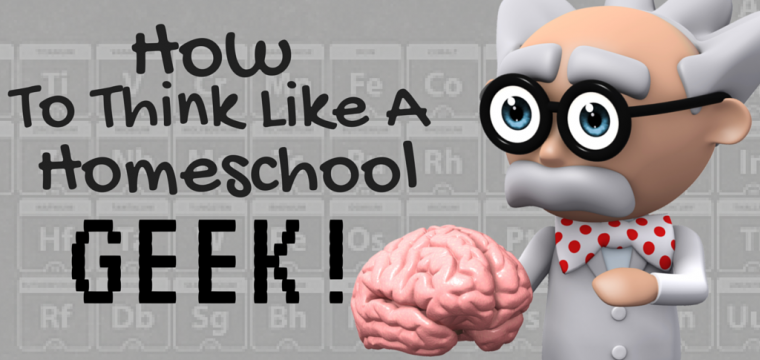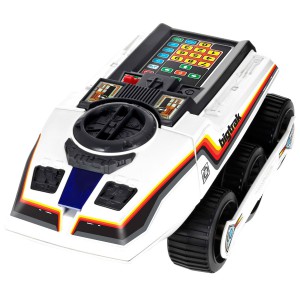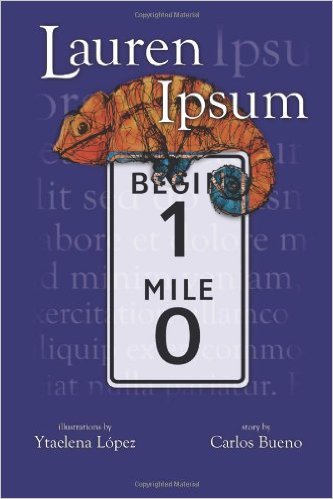Often people start learning to program by learning a programming language. With this approach, though the important thinking in creating a program can get lost in the syntax of the computer language you are trying to learn. I realized this for myslef when I first started trying to learn to program using a book called Joy of C. Let’s just say I stayed in art school…but I never gave up on learning to program either.
I first became aware of the idea of ‘programming without a computer’ two years ago when I came across the kickstarter campaign of a company called Primo. They had designed a game that taught programming logic using a series of blocks.
You can buy the toy Cubetto from Primo but they also have kits or even plans to make your own from scratch.
David said this was a lot like a toy he used to play with as a kid – the Big Track (which you can now purchase again on Amazon). This toy was one of his first programming experiences.
The older boys were already playing around with programming using things like Alice, Scratch and Python. You can read about a few of those things in Teach Your Middleschooler How To Code. But I wanted to know more about this idea of ‘hands on’ programming.
Since then I’ve found a few more resources that I would like to share with you:
LightBot
The first resource does use a computer, but you are learning logic and not syntax. David wrote a post about the programming logic that is taught in this game back in December: What Can You Learn From Playing Lightbot?
 Domino Addition by Numberphile
Domino Addition by Numberphile
Around that same time Numberphile aslo released this video – one of our favorites – in which they demonstrate how a calculator performs addition using binary. Essentially, they create logic gates out of dominos. The boys build these little domino computers over and over. They even built one at our local GeekFest last year.
This last resource is my current favorite.
CS Unplugged – Computer Science Without A Computer
This website is stuffed with ideas to teach programming through games and activities that don’t involve computers. One of my favorites is the Binary Numbers series . So far I have liked everything I’ve read on this site.
I have also heard good things about Lauren Ipsum but I have not read it yet. Do any of you recommend this book?
If you know of other resources for teaching programming in this way – with an emphasis on logic – please leave a comment and share them with us. Through our relationship with Yeti Robotics we have the opportunity to work with youth in our inner city and are always looking for new ways to grow our teaching.


